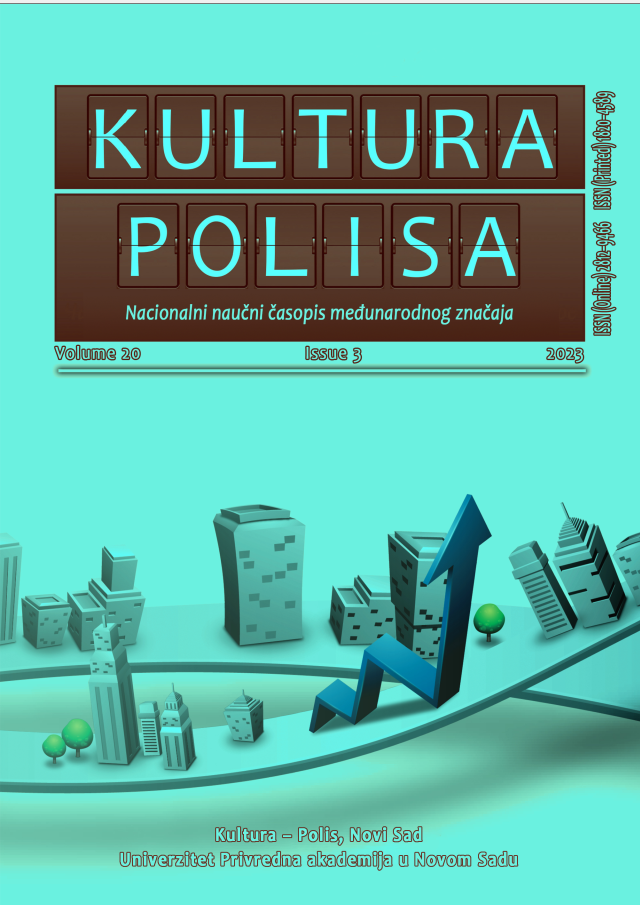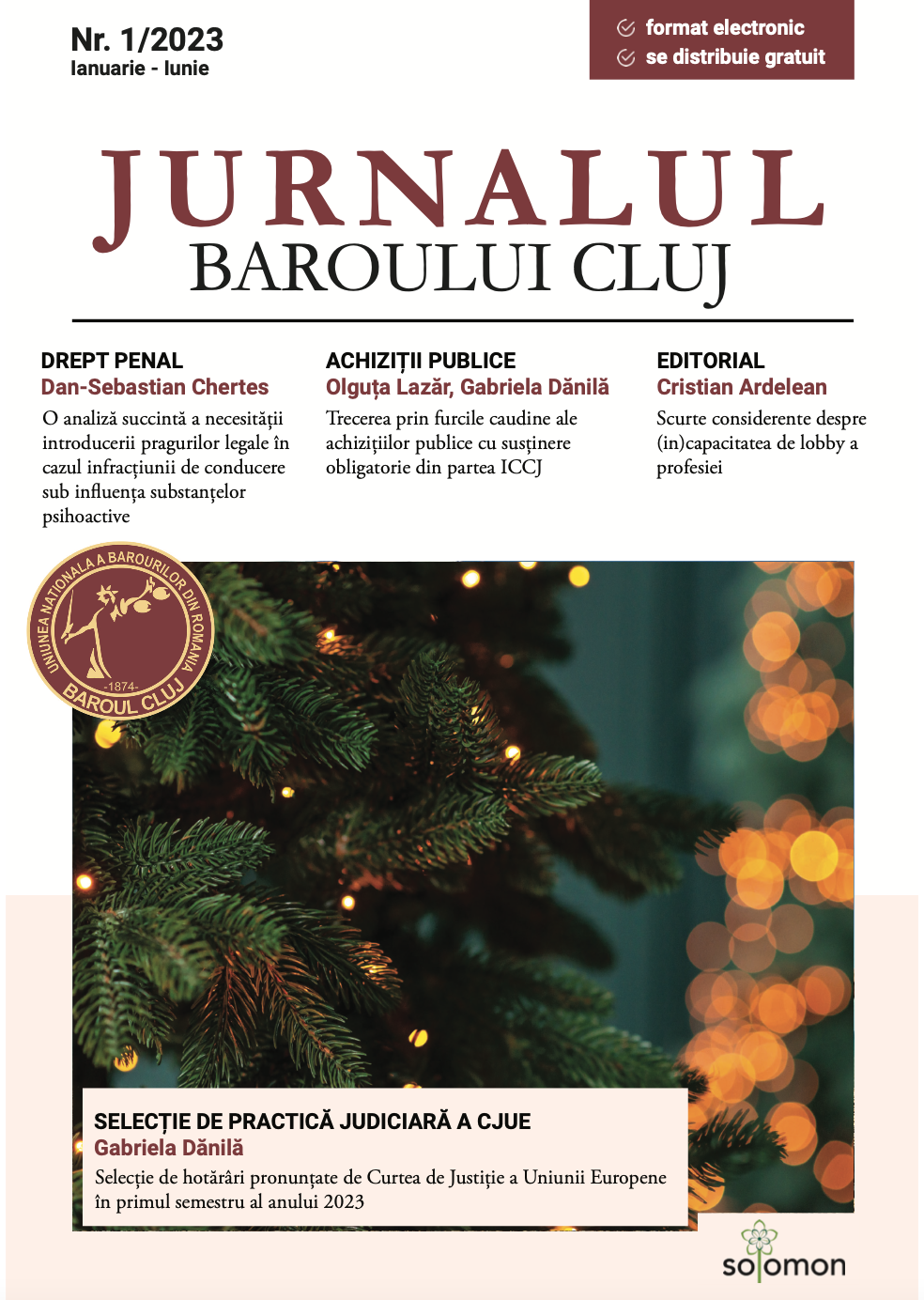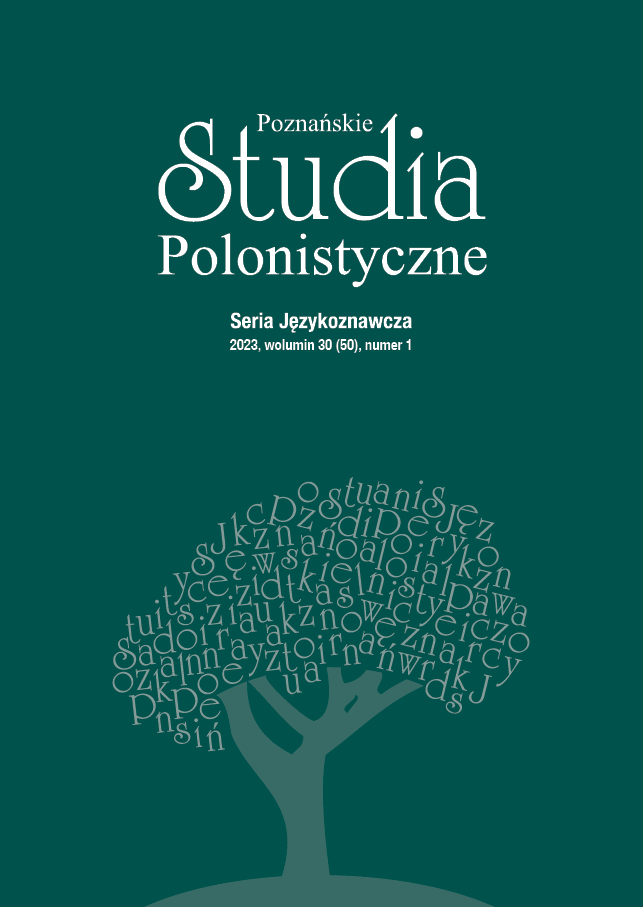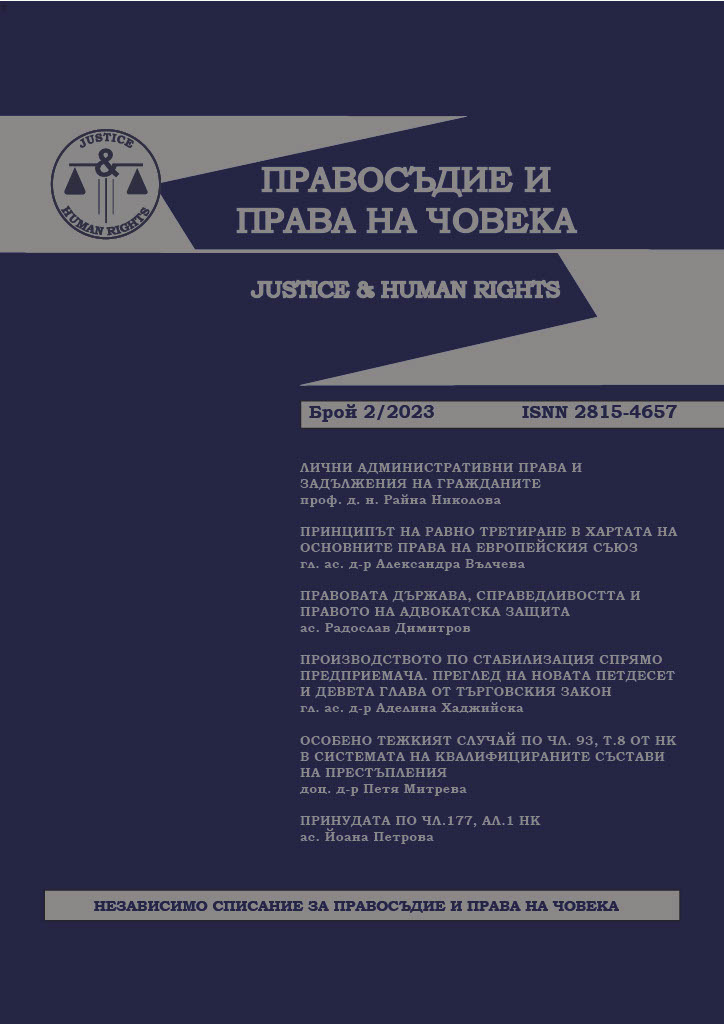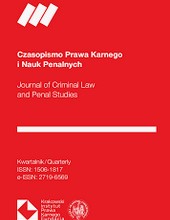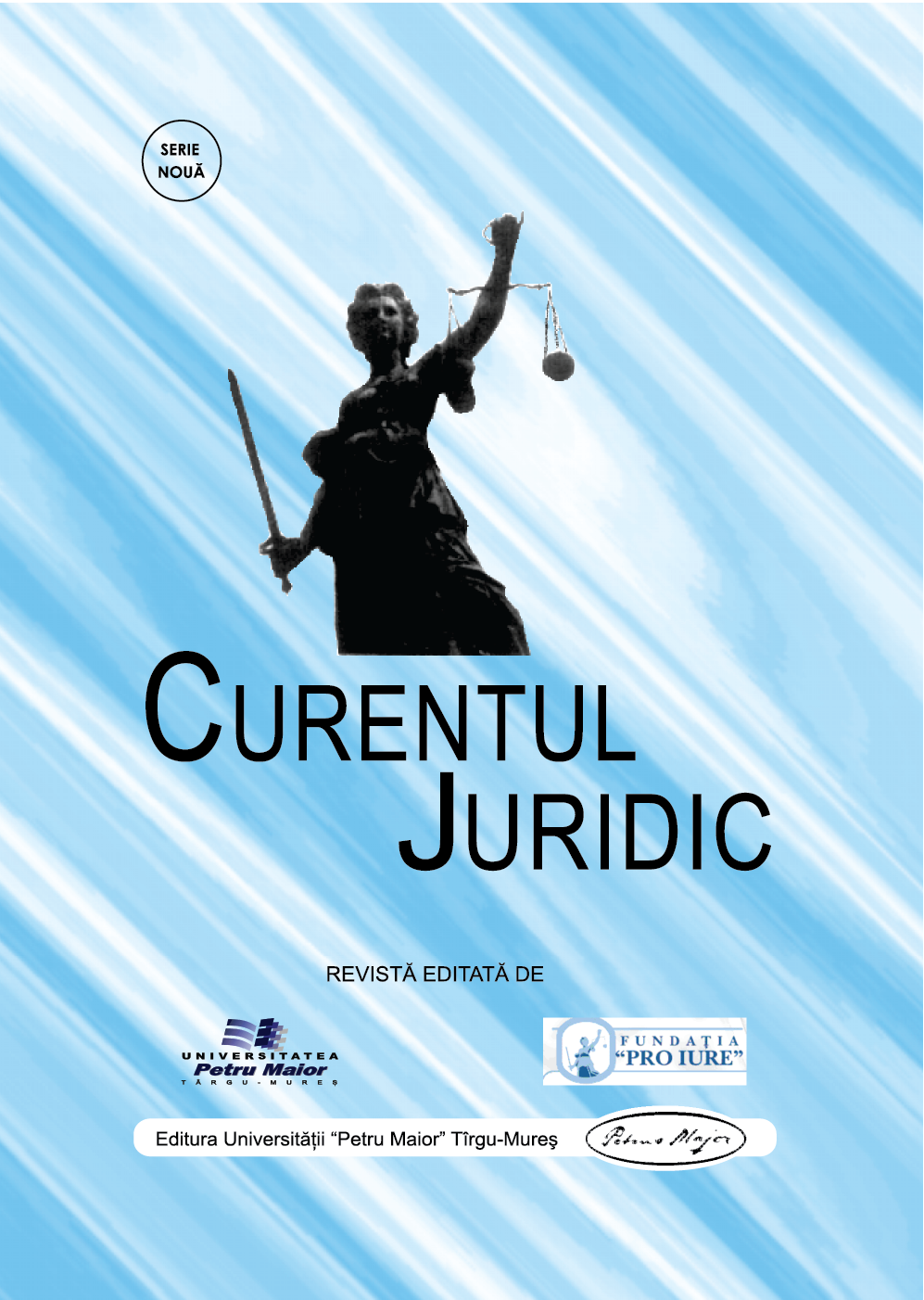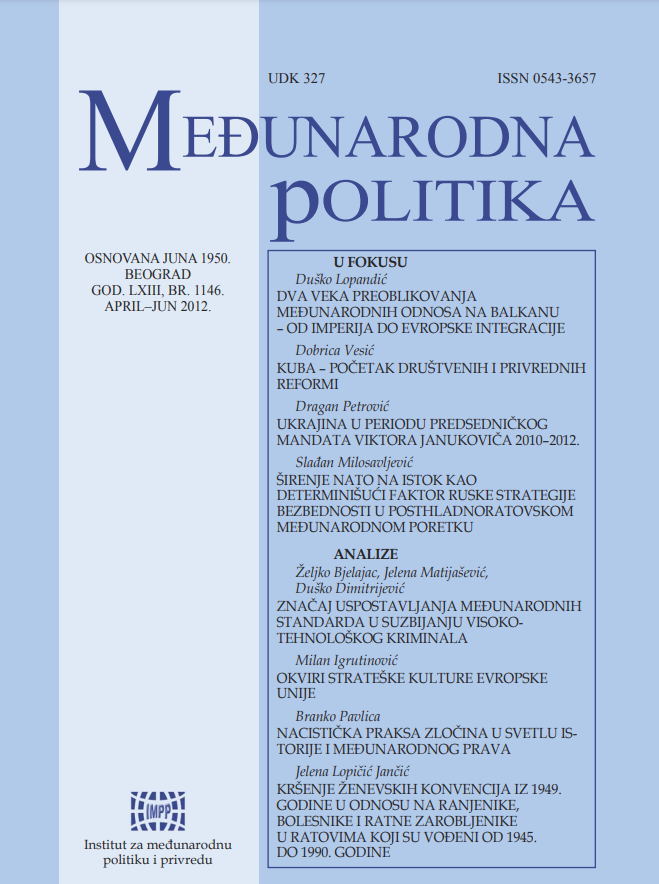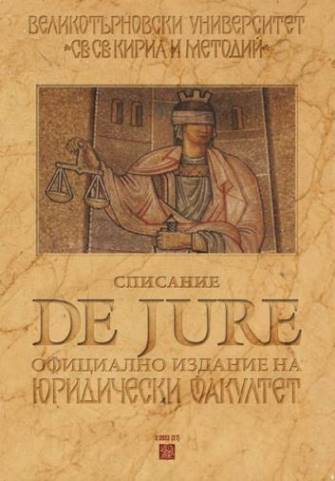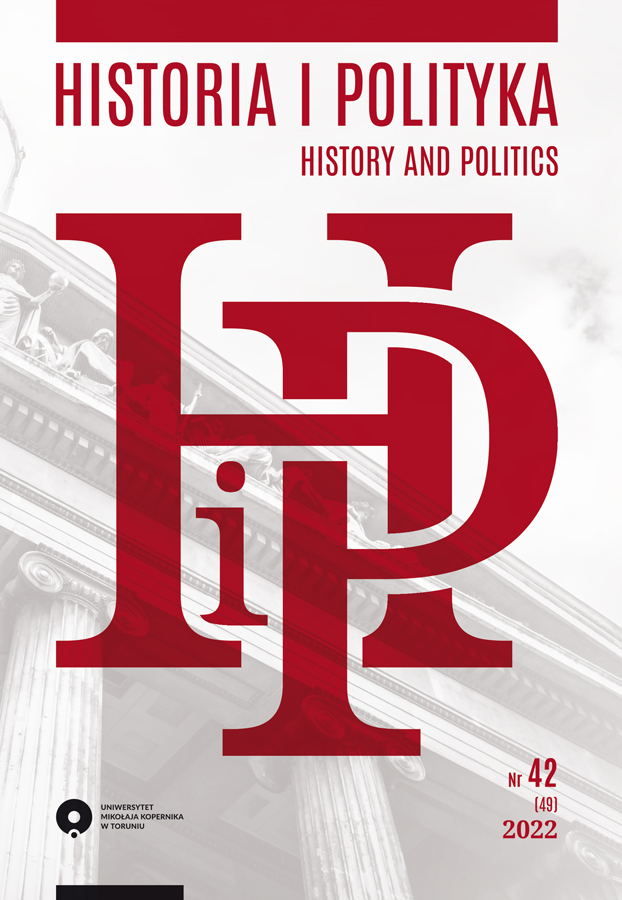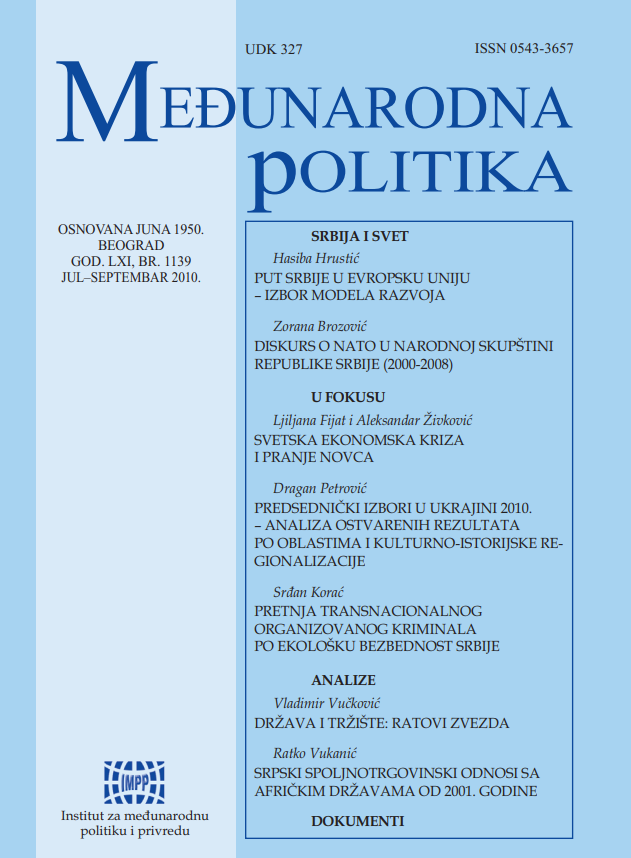Author(s): Željko Bjelajac,Jelena Matijašević,Duško Dimitrijević / Language(s): Serbian
Issue: 1146/2012
Great opportunities in all spheres of social life that are put before the man simultaneously with the development of information technology despite numerous, previously unknown advantages, have exposed him to new and very serious risks. It is very difficult to give comprehensive determinants of the term cyber crime. Despite various theoretical studies, practical examples, the national regulatory framework as well as various international instruments, it is clear that the complexity and severity of this phenomenon is much higher than it has been shown. Since the first international initiative on the fight against cyber crime (Conference on Criminological Aspects of the Economic Crime), which in 1976 was started by the Council of Europe in Strasbourg, the most important activities that have been carried out in this area belong to the jurisdiction of Interpol, the Organization for Economic Cooperation and Development (OECD), the United Nations (UN), the European Union (EU) and the Group of Eight (Group of economic most developed countries). In order to establish appropriate international standards to combat cyber crime as efficient as possible, international institutions have adopted a variety of documents - conventions, resolutions, directives, recommendations, conclusions, studies, etc., which are based on relevant principles. The most important document in establishing international standards in combating cyber crime is certainly the Convention on Cybercrime, which aims is to harmonize national legislation with regard to substantive provisions, then, to introduce adequate instruments in national legislations regarding the procedural provisions and to establish fast and effective institutions and procedures of international cooperation.
More...

